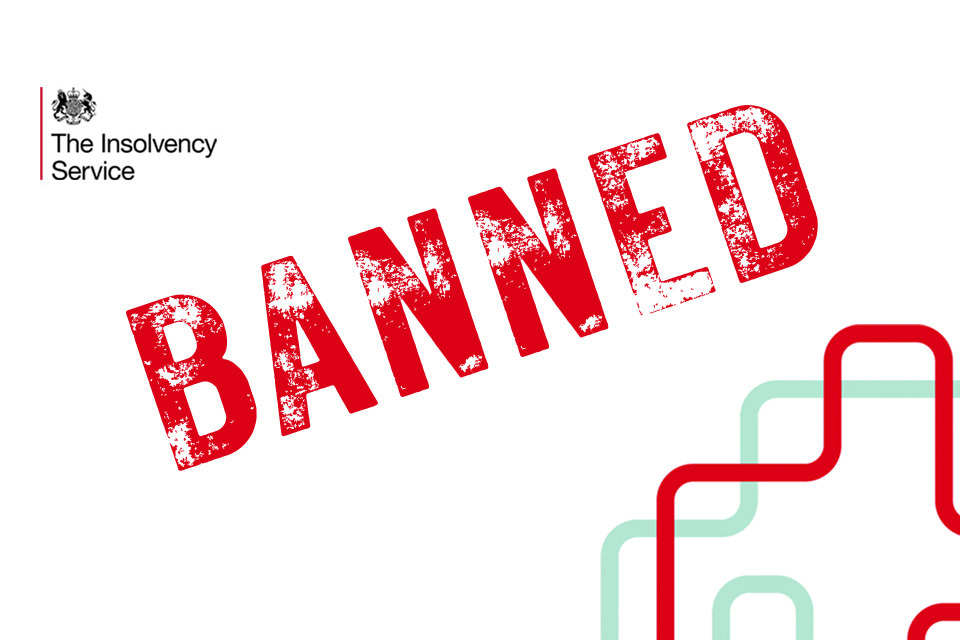Entertainment
14 memorable and much-loved songs about life in London | Entertainment | News

From the 17th century composer Orlando Gibbons to Ray Davies, lead vocalist of The Kinks, composers have long been inspired by the vibrancy and energy of London.
But which are all-time best songs about London, and what makes them so iconic? Here are fourteen of the favourites.
Best songs about London: Gershwin, Gilbert & Sullivan and more
Trad: ‘London Bridge is Falling Down’
It may be one of the most famous songs ever about London, but nobody is quite sure what this well-known nursery rhyme is actually about. Many believe that it refers to the state of disrepair into which London Bridge fell after the Great Fire of London in 1666. Some experts, however, argue quite convincingly that it refers to an alleged Viking invasion in 1014, during which London Bridge was pulled down. This darker subtext means that ‘London Bridge is Falling Down’ is also, in all likelihood, one of the darkest nursery rhymes in the canon.
Though the attack has never been proven, a collection of Old Norse poems written in 1230 contains a verse that sounds much like the nursery rhyme, translating as ‘London Bridge is broken down. Gold is won, and bright renown.’ So, who knows. A well-known English folk song referencing the iconic bridge.
George Gershwin: ‘A Foggy Day (In London Town)’
George Gershwin‘s jazz standard reflects on the melancholic atmosphere of London during a time when fogs were common due to pollution. It was introduced by Fred Astaire in the 1937 musical comedy film A Damsel in Distress, which was based on a novel by P.G. Wodehouse, and has since been performed by various artists, including Frank Sinatra, Louis Armstrong and Ella Fitzgerald.
George Posford and Harold Purcell: ‘The London I Love’
Vera Lynn, known as the ‘Forces’ Sweetheart,’ gained immense popularity during World War II for her uplifting songs that provided comfort to soldiers and their families. In this poignant tribute to London, which she recorded in the 1930s, she encapsulates a sense of belonging and affection for her home city, which was especially meaningful to those separated from their homes during World War Two. What emerges from this nostalgic song is a sense of London’s charm and enduring spirit.
Gilbert and Sullivan: ‘When our Gallant Norman Foes’ from The Yeomen of the Guard
This song, from Gilbert and Sullivan’s operetta about the history of the UK’s capital city, captures the historical significance of the Tower of London and its role in the city’s narrative. The refrain, in particular, highlights the solemn responsibility of the Yeomen as guardians of London: ‘The screw may twist and the rack may turn, And men may bleed and men may burn, O’er London town and its golden hoard I keep my silent watch and ward!’
Here it in a great recording from the Royal Philharmonic Orchestra and conductor and longtime BBC Proms supremo Malcolm Sargent.
Noël Coward: ‘London is a Little Bit of All Right’
Born and raised in London, the playwright Noël Coward had a lot of affection for the city, and in this song he catalogues its various delights and attractions with nostalgia and humour: ‘And if you should visit the monkeys in the zoo / Bring a banana / Feed the ducks in Battersea Park or take a trip to Kew.’
In particular, he highlights the duality of London life: ‘Though it’s foggy and cold and wet I’d be willing to take a bet / That there ain’t no
More of the best songs about London: from the Tudors to the Kinks
Manning Sherwin and Eric Maschwitz: ‘A Nightingale Sang in Berkeley Square’
Of all the songs about London, was there ever one more beloved than this? With its romantic imagery and the improbable scenario it presents (when did you last hear a nightingale singing in an upmarket central London square?), this nostalgic song of 1939 was a hit with wartime Londoners, desperately seeking a bit of escapism. Nowadays, though, Eric Maschwitz’s lyrics and Manning Sherwin’s continue to strike a chord, thanks to the poignancy with which they evoke the magical feeling of falling in love.
Ray Davies: ‘Waterloo Sunset’
Often described as an ‘anthem for London’, this 1967 song by Ray Davies, lead vocalist of The Kinks, draws on Davies’s childhood memories of London, including time spent in St Thomas’s Hospital, at the Festival of Britain on the South Bank, and moments shared with his first wife along the Thames.
Its lyrics tell the story of two lovers, Terry and Julie, who find solace in each other amidst the bustling city life, capturing a sense of peace as they gaze at the sunset over Waterloo. And its soundscape is similarly dream-like, evoking the beauty of fleeting moments.
Orlando Gibbons: ‘The Cries of London’
A direct reflection of the bustling market life in London during the time of the Elizabethan/Jacobean composer Orlando Gibbons, this vocal work for multiple voices features a series of musical phrases that mimic the calls of street vendors selling goods such as seafood, baked items, and produce. Capturing the musical quality in the vendors’ cries, it’s a vivid historical document of 17th century London street culture.
Luciano Berio: Cries of London
It may have the same title and subject matter as Gibbons’s 17th century masterpiece, but Luciano Berio’s ‘Cries of London’ is a very different kettle of fish. This seven-movement avant-garde vocal work, written in 1974, draws on extended vocal techniques, including humming and heavy breathing, to evoke the sounds and atmosphere of London’s markets. The result, like Berio’s notorious Sequenzas, is quite the workout for its performers, pushing them to extremes of virtuosity.
Lord Kitchener: ‘London is the Place for Me’
Aldwyn Roberts, better known by his stage name Lord Kitchener, wrote this calypso song in 1948 as a testament to the experiences of Caribbean migrants who found new opportunities in Britain post-World War II. Kitchener famously performed it in 1948 upon his arrival at Tilbury Docks on the HMT Empire Windrush – a significant moment in Caribbean immigration to the UK.
It made a memorable appearance in the hugely popular 2014 film Paddington, in a cover version by D Lime featuring Tobago Crusoe.
Best songs about London: final four
Benjamin Clementine: ‘London’
This haunting ode to London by the British composer and actor Benjamin Clementine meditates on the complexities of life in a bustling metropolis. It particularly reflects on Clementine’s personal trajectory from homelessness to recognition as an artist, and the isolation of his urban existence, summed up in lines such as ‘I have been lonely, alone in a box of stone.’
Judith Weir: Concrete
Composed in 2007, this atmospheric work for speaker, chorus and orchestra, is intended as a ‘motet about London’, exploring the history and evolution of London, particularly around the Barbican area. One key theme of the work is the connection between London’s architecture and its history, encapsulated in its references to Greek temples, medieval churches and other notable landmarks. Judith Weir herself describes the piece as ‘an imaginary excavation of the Barbican Centre, burrowing through 2,500 years of historical rubble.’
Trad: ‘London’s Burning’
Though some historians disagree, it is generally assumed that this popular nursery rhyme is about the biggest blaze in the history of the city: the Great Fire of London, which started in a baker’s house on Pudding Lane on 2 September 1666. The song talks about fetching the engine and pouring on water, but in reality the most effective way to fight the fire was to pull down houses or blow them up with gunpowder, thus creating gaps to stop the flames from spreading.
Matthew King: Prologue from On London Fields
Next on our list of songs about London: Matthew King’s jazz-inflected community opera of 2004 tells the story of Hannah Trapnell, a 17th-century prophetess whose visions inspired a revolutionary movement against the backdrop of Oliver Cromwell’s oppressive regime. One notable song about London is the Prologue, which introduces the revolutionary spirit of the characters, with lyrics emphasizing themes of social justice and unity among the people of Hackney.










